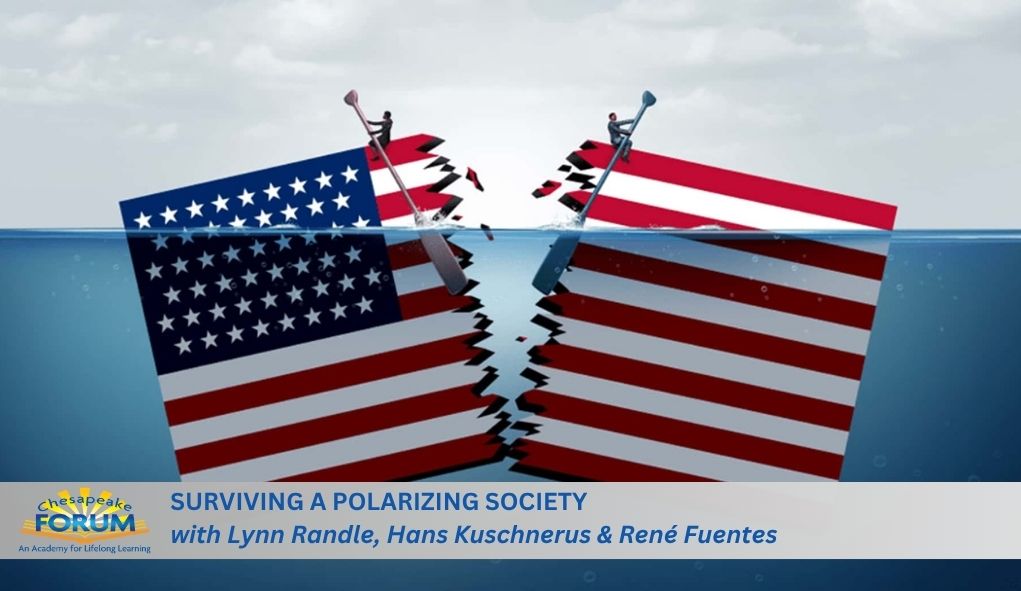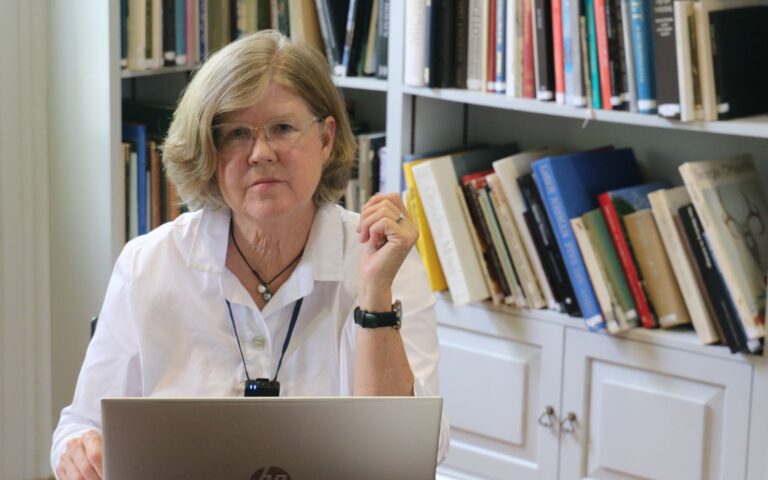History repeats itself with periods of division among citizens. Hans & Lynn bring in a special guest, René Fuentes, to help contrast his and Han’s experiences during Nazi and Soviet-era dictatorships. How do we keep today’s divisions from repeating history? Ruining relationships?
In an era of deep divisions, how do we navigate societal polarization without losing our ability to engage meaningfully with those around us? Drawing from firsthand experiences of life under Nazi and Soviet-era dictatorships, Lynn Randle invites participants to explore the mechanisms of division and polarization—both past and present, through a moderated discussion with Hans Kuschnerus and René Fuentes.
Through this discussion-based seminar, we will examine how polarization manifests globally today, and the parallels to the past. We examine the roles of societal, political, and technological forces that shape our perspectives. Together, we will work toward identifying strategies to maintain relationships despite ideological differences, while fostering understanding and resilience.
Session 1: Personal Histories & Parallels to Today
Hans Kuschnerus and René Fuentes will share their memories of life in Berlin and Cuba, respectively, detailing their experiences of post-WWII socialist repression. In this moderated discussion, we will explore the similarities between their formative years and the societal divisions they observe in America today. We will analyze the tactics—fear mongering, false accusations, and propaganda — that historically fueled polarization, and reflect on their presence in modern discourse
Session 2: The Tools of Polarization
This is a deeper examination of the social, political, and technological forces that drive division within societies. From misinformation and propaganda to digital echo chambers, we will investigate how these factors shape opinions and contribute to entrenched polarization.
Session 3: Navigating Division & Preserving Relationships
How do we prevent fear and tribalism from fracturing friendships and communities? This final session will focus on strategies for maintaining meaningful connections despite ideological differences – equipping participants with tools to foster respectful dialogue and mutual understanding.
What to Expect:
In this seminar, we will have thought-provoking discussions on historical and modern forms of societal polarization and gain insights into the parallels between past authoritarian regimes and contemporary social dynamics. At the end of the day, we will leave with practical strategies to engage in constructive discourse and maintain relationships despite differing beliefs
This course is not an indictment of any political ideology but rather an exploration of how societies become divided—and how individuals can navigate these divides without losing their sense of community.
Join us for an engaging seminar that seeks understanding over division.
Feedback from Lynn’s and Hans’ past courses with us:
“Well organized lesson plan that encouraged thoughtful & engaging conversation.”
“This was a great discussion. I really like the discussion format and am always pleased to find people in the class who have a lot to share and who shed light on the subject – which in this case was an important one.”
“Enormously inspiring! It planted such good seeds.”
“I thought the class was excellent and very timely. I also thought there was a good range of participants who represented many varied experiences and backgrounds, which was a real value to this class in particular.”
“Important topic with HUGE potential for local application.”





